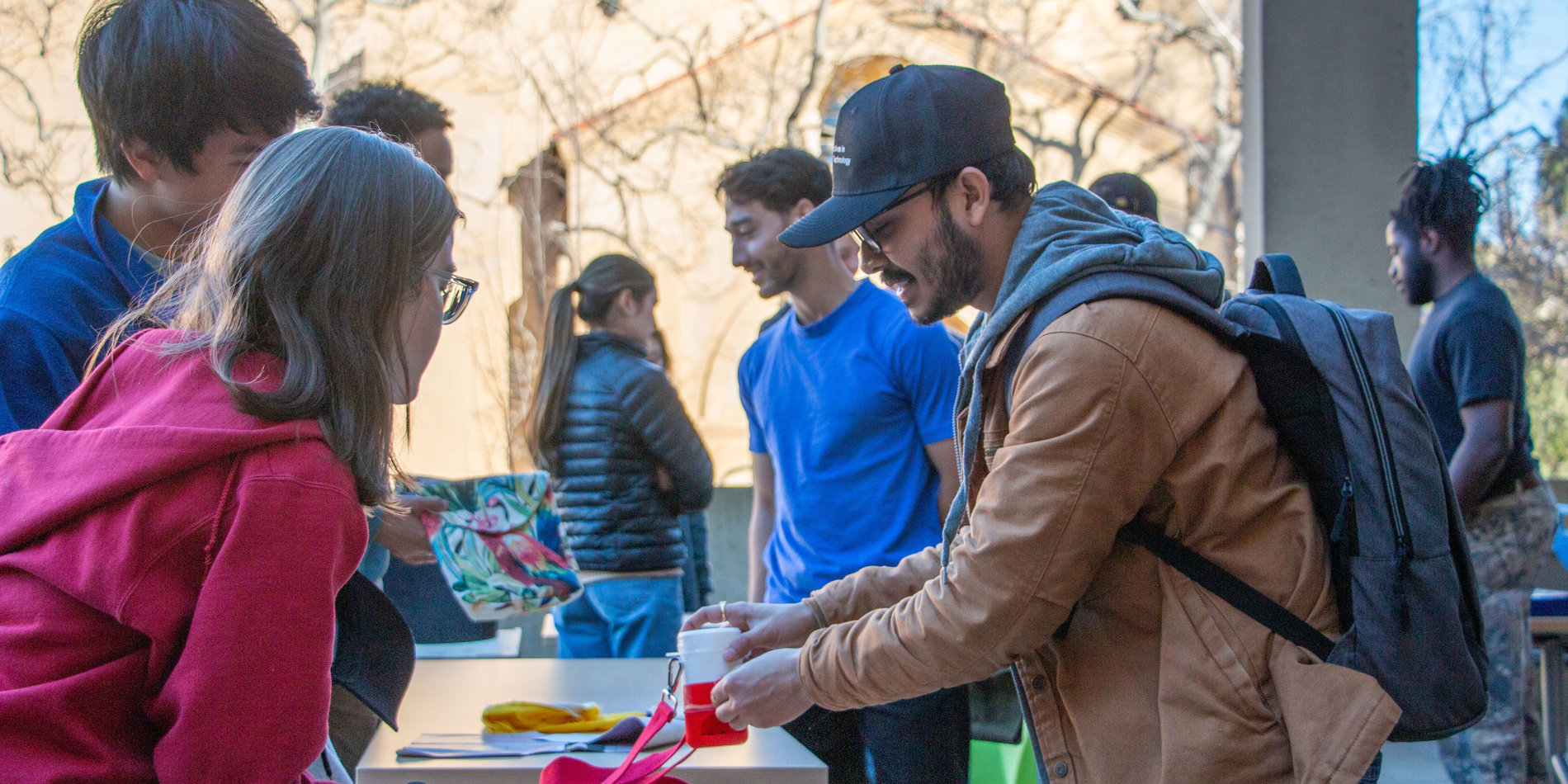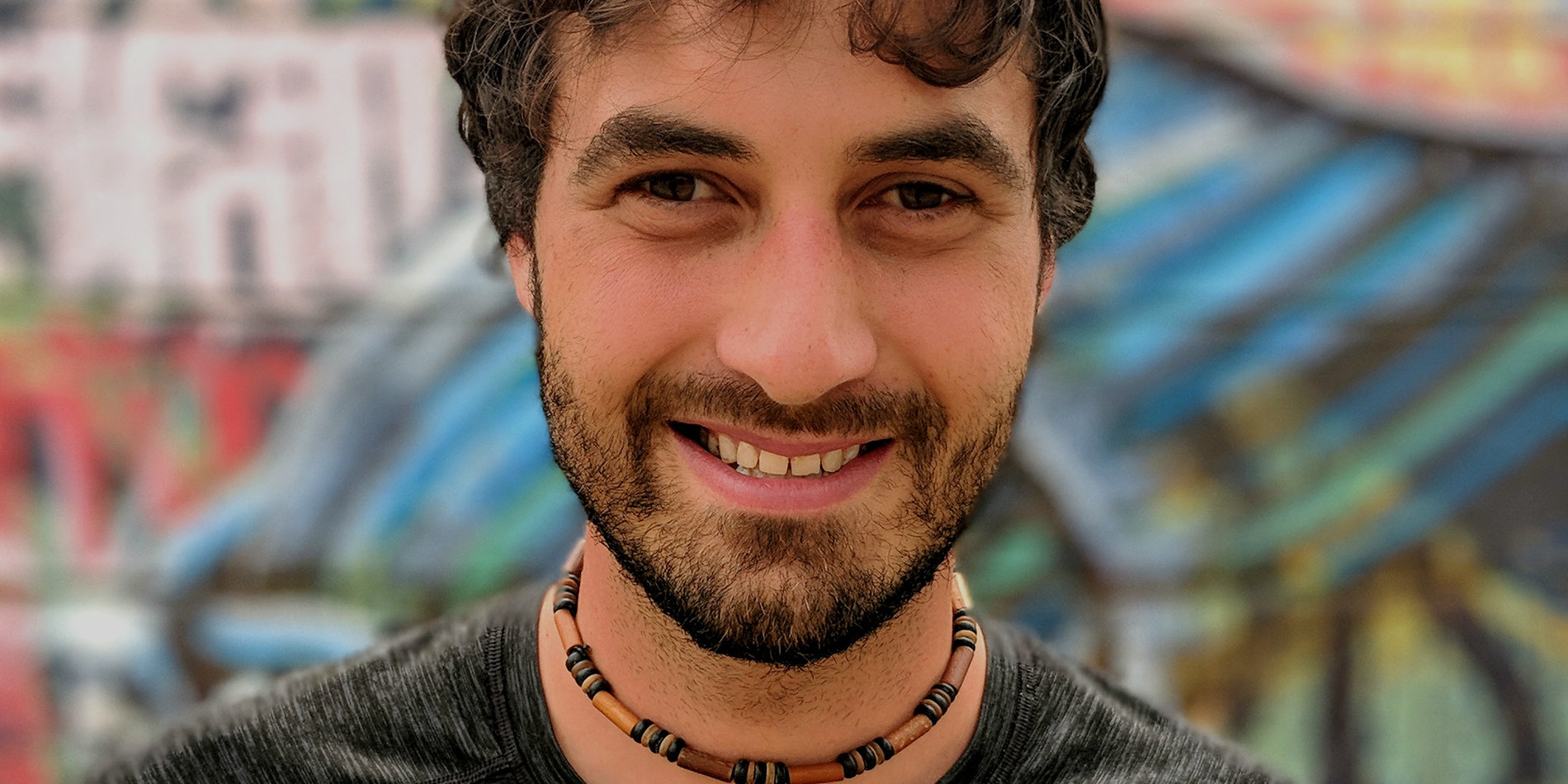Community Engaged Research programs for fall
Research as Praxis speaker and workshop series
Beginning in the fall quarter, the Haas Center for Public Service will host its Research as Praxis Workshop Series for graduate students interested in learning more about and developing skills in community-engaged scholarship. The theme of this year’s workshop series is “Designing Research that Contributes to More Equitable Societal Outcomes.” Two to three sessions will be held each quarter at the Haas Center, typically on Tuesdays during the lunch hour (from 12 noon - 1:15 pm, with lunch provided for those who RSVP). The workshops are open to all Stanford graduate students, faculty, and staff. Fall 2023 workshops will be held on the following days: October 24; November 14; and December 5. Visit our website for updated information on speakers and topics when the fall quarter begins.
The Haas Center names its 2023-24 Graduate Public Service Fellows
The Haas Center recently has selected its 11th cohort of Stanford graduate students for its Graduate Public Service (GPS) Fellows. In partnership with the Office of the Vice Provost for Graduate Education, the GPS Fellowship program provides a supportive, transdisciplinary space for graduate students to cultivate their skills, commitments, and identities as community-engaged scholars. Cohort seminars and other activities promote relational learning, support the explicit discussion of values and identities, and explore the application of social, intellectual, and political commitments to scholarly practice. For the first time, the GPS fellowship also includes a team-based practicum experience in which graduate students engage in collaborative, action-oriented research projects with local community-based organizations and coalition partners. This collaborative research experience is designed to provide students with the opportunity to participate, from start to finish, in a research design process that is driven by the community partner’s interests, needs, or desires and that prioritizes core equity-based principles such as shared goals and values; a focus on community strengths (asset-based); equitable collaboration; collective benefit; trusting relationships; and accessible results. All Stanford graduate students are eligible to apply for the GPS Fellowship. Applications for the 2024-25 Fellowship year will open in May, 2024.
Introducing the Haas Center’s 2023-24 Community Engaged Scholars
The inaugural year of the Haas Center’s Community Engaged Scholars Program (CESP) includes a cohort of 13 undergraduate and master’s students representing ten academic departments and programs. The CESP supports and elevates the work of Stanford students undertaking senior honors theses, MA theses, or undergraduate capstone projects that are community engaged, equity focused, and designed to have public impact. Through a series of cohort meetings throughout the academic year, CESP students explore evidence-based strategies to achieve equity-based community engagement outcomes through their scholarly work; discuss ways to critically negotiate ethics, identity, and power in their work with/in communities; and receive supplemental thesis writing support and opportunities to peer workshop their community engagement ideas and social action projects-in-progress. CESP offers participating students the support, structure, resources, and accountability necessary to successfully complete their theses or capstone projects and ensure their project has public value and impact, rather than being something that simply “sits on the shelf.” Stanford students may apply for the CESP in the spring quarter that precedes the year they plan to carry out their thesis or capstone project. Applications for the 2024-25 Community Engaged Scholars Program will open in March 2024. For more information on the program, please contact Clayton Hurd, director of community engaged research at the Haas Center.


